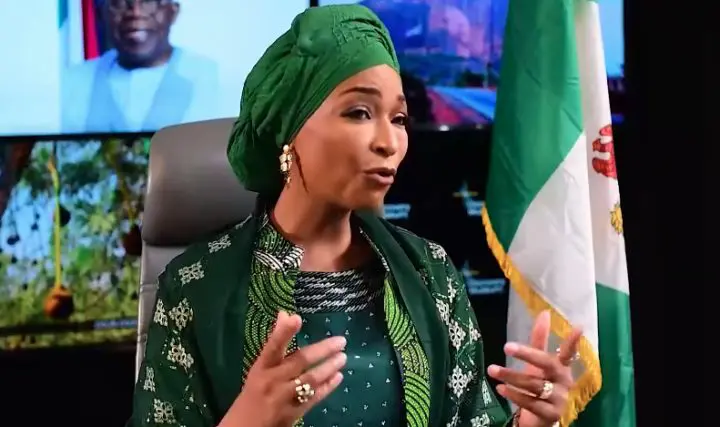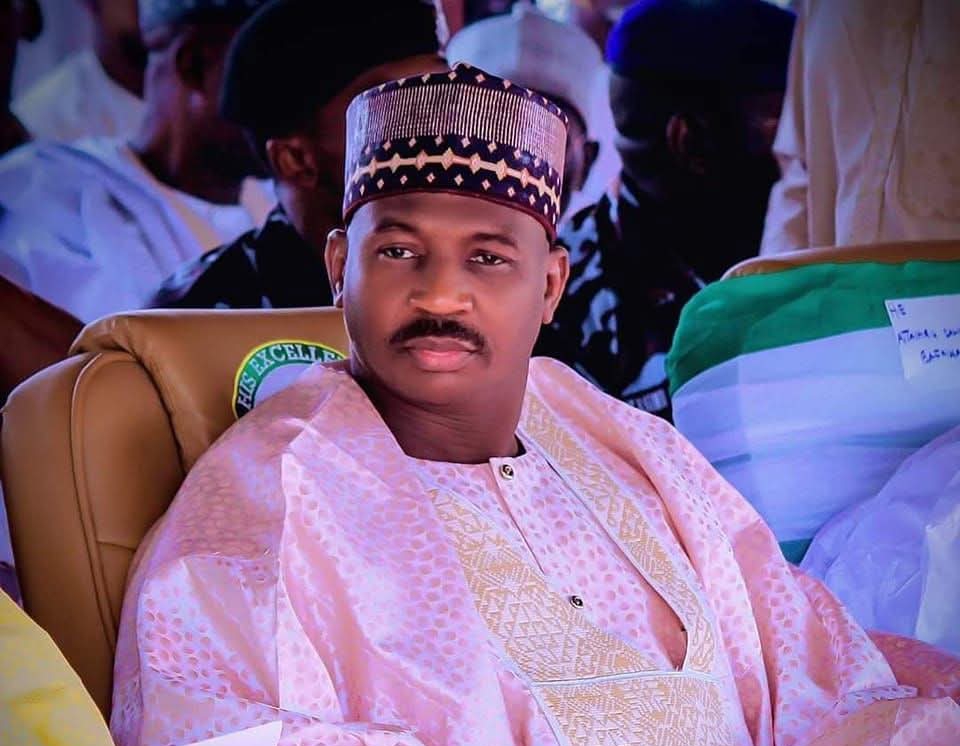The legacy of South Africa’s struggle against apartheid is often told in broad strokes within the country’s educational system. But how can the story of an anti-apartheid activist be brought to life for a new generation, especially when that activist is a Black gay man like Simon Nkoli (1957-1998)? This was the challenge faced by South African composer Philip Miller as he embarked on the creation of “Nkoli: The Vogue Opera,” now showing at The Market Theatre in Johannesburg. In my pursuit of understanding South African music, I engaged in discussions with Miller and the production team to uncover the journey of bringing Nkoli’s story to the stage.
The Significance of the Musical
Miller’s personal and political connection to the story made the project particularly meaningful for him, having known Nkoli personally. Reflecting on their time together, Miller recalled, “We’d be at the Skyline; Simon would have a dance, have fun – and also be an Aids activist, talking to people about condoms.” He expressed dismay at the lack of recognition for someone who played a crucial role in affirming gay rights in the South African constitution, making it the first African nation to do so. Nkoli’s co-founding of Johannesburg Pride, the first pride march in Africa, was another pivotal aspect. Miller emphasized that this knowledge could serve as a source of inspiration for collective struggles today and challenged the individualistic perceptions often associated with identity issues.
Exploring Musical Styles
Initially considering an opera format, Miller recognized the potential opera’s inaccessibility to young audiences. This prompted him to contemplate a musical score that encompassed disco and South African pop, genres that resonated with Nkoli during his imprisonment. Additionally, the incorporation of rap and choral protest songs, integral to Nkoli’s involvement in the anti-apartheid movement, became essential components of the production.
Vogueing Meets Opera
Miller delved into the African-American queer tradition of vogueing, intertwining it with a soundtrack rooted in disco but with a more pronounced electronic influence. Reflecting on South Africa’s LGBTQI+ community, which had its own vogueing tradition, Miller sought to create a synthesis of diverse inspirations without falling into mere imitation.
The Collaborative Effort
A diverse team, including long-time collaborators of Miller and a 26-member theatre ensemble, embarked on the project. Notably, the ensemble comprised many members from the LGBTQI+ community, culminating in a collaborative effort that sought to authentically portray Nkoli’s story. UK guest Rikki Beadle-Blair, a prominent figure in the queer rights and health activism, contributed as the director and dramaturge, enriching the production with a wealth of experience. The involvement of individuals such as Bongani Kubheka, who initially knew little about Nkoli’s story, reflected the enlightening impact the production aimed to achieve.
The Journey to the Stage
Originating as a 2020 workshopped production under the title “GLOW,” the project underwent meticulous shaping, guided by profound consultations with individuals closely associated with Nkoli. The critical deliberations within the team emphasized the avoidance of creating a hagiography and the incorporation of honest representations of blind spots that even prominent figures like Nkoli had in understanding women’s struggles. Notably, Miller highlighted the deliberate re-appropriation of appropriated protest songs, reinforcing the enduring relevance of the production.
Embracing Joy
Amidst the profound narrative, joy pulsates through the music, reflecting the defiance against repressive sensibilities. Miller emphasized the revolutionary potential of vogueing, stressing its declarations of joy and excellence, which transcend societal constraints. The production at The Market Theatre in Johannesburg from 17-19 November promises to be a celebration of Nkoli’s enduring legacy, resonating with audiences across identities.
By Gwen Ansell, Associate of the Gordon Institute for Business Science, University of Pretoria



